The Lacaune sheep is a breed of domestic sheep from France. It was originated from the near area of Lacaune in southern France. And it was named for it’s origin place.
It is mainly a dairy sheep breed, and most widely used as dairying sheep breed in France. And it is the predominant breed of sheep used for Roquefort cheese production in France.
Currently there are about 800000 ewes available in France. And the breed is used as a milking sheep for a very long time. Although until recently, milking was not the dominant feature of the breed.
Average milk production of these animals was only about 70 liters per ewe per annum (during the human milking period and excluding the lamb suckling period). Remarkably, the milk production had quadrupled to 280 liters per annum by the 1990s.
Today the Lacaune sheep is one of the world’s high milk producing sheep breeds. And this was the result of a large-scale, rigorous selection program organized by a French government agency.
The program included artificial insemination of several million ewes over the years. And a vast array of government support for recording the performance of the progeny on many farms with respect to the milk yield and other outcomes.
And improved knowledge about animal management and nutrition for sheep milk production; and the willingness of many farmers to participate in the program and take advantage of what was being learned. Read some more information about this French milk sheep breed below.
Lacaune Sheep Characteristics
The Lacaune sheep are medium sized animal with white body coloration. They have short, fine double coat of white fleece, the undercoat sheds out in summer months.
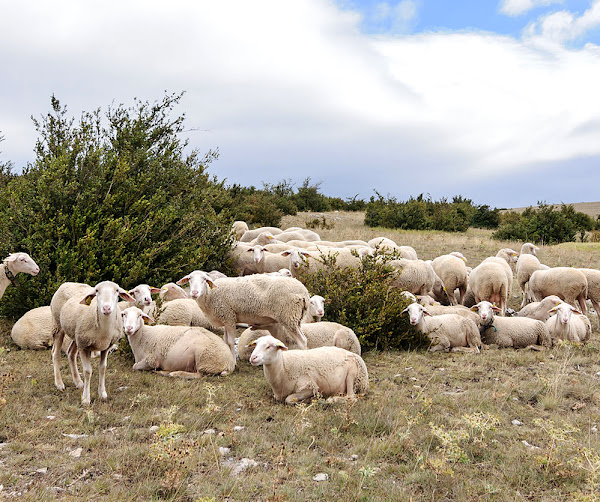
They have relatively small hooves, which help them navigating the stony ground. They have elongated head and an arched profile. Both rams and ewes are usually polled, that means they have no horns.
As a medium sized animal, average live body weight of the mature Lacaune ewes is around 70 kg. And the mature rams on average weight around 100 kg.[1]
Uses
The Lacaune sheep is a milk sheep breed. And it is raised mainly for milk production in it’s native area.
Special Notes
The Lacaune sheep are very strong and hardy animals, as compared to other sheep breeds. They are well adapted to the harsh conditions of their native area.
They are also well suited to the rocky terrain. They are able to tolerate extreme seasonal variations in temperature, which is most common to their native area. They are excellent grazer and can adapt themselves easily to a variety of range conditions.
The Lacaune sheep are mainly used for milk production. They are ideally suited to the modern dairy operations. The ewes generally have good udder health and disease resistance.
These animals are very docile in terms of temperament, and it’s pretty easy to care for them. However, review full breed profile of the Lacaune sheep in the following chart.
| Breed Name | Lacaune |
| Other Name | None |
| Breed Purpose | Mainly milk |
| Special Notes | Very hardy and strong animals, well adapted to the harsh conditions of their native area, well adapted to the rocky terrain, able to tolerate extreme seasonal variations in temperature, excellent grazer, can adapt themselves to a variety of range conditions, ideally suited to the modern dairy operations, ewes usually have good udder health and disease resistance, very docile, easy to care |
| Breed Size | Medium |
| Weight | Between 70 and 100 kg |
| Horns | No |
| Climate Tolerance | Native climates |
| Color | White |
| Rarity | Common |
| Country/Place of Origin | France |

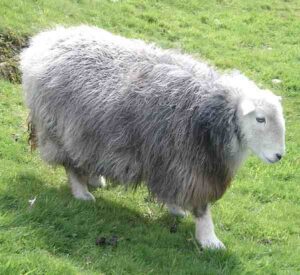
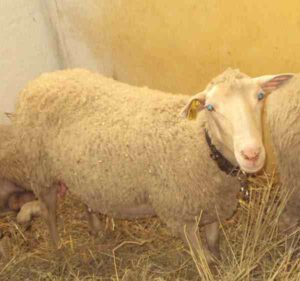
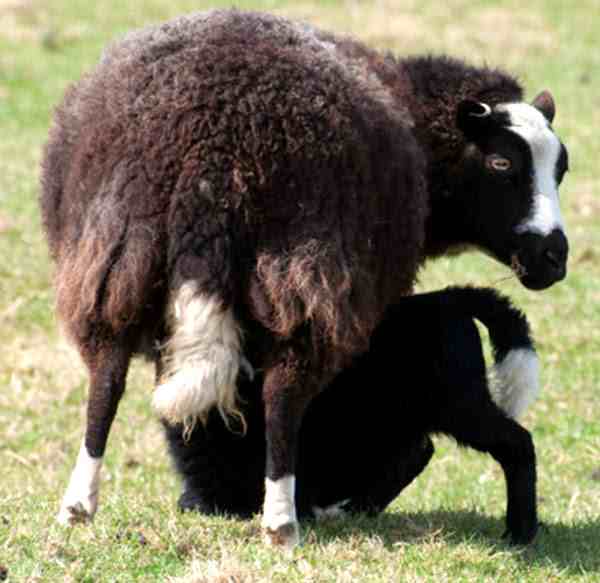
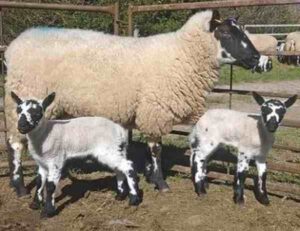

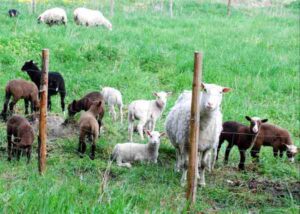
Hello there; I think you will help me. I raise lacune breed sheep in Izmir, Turkey and I milk them. After about 6 months of milking, there is little milk in the sheep, what should I do to wean it completely? In order to eliminate the risk of mastitis, to take the sheep to the dry period and prepare them to the rams in a healthy way. Thank you from now.
Weaning will be a very good decision. Good luck!